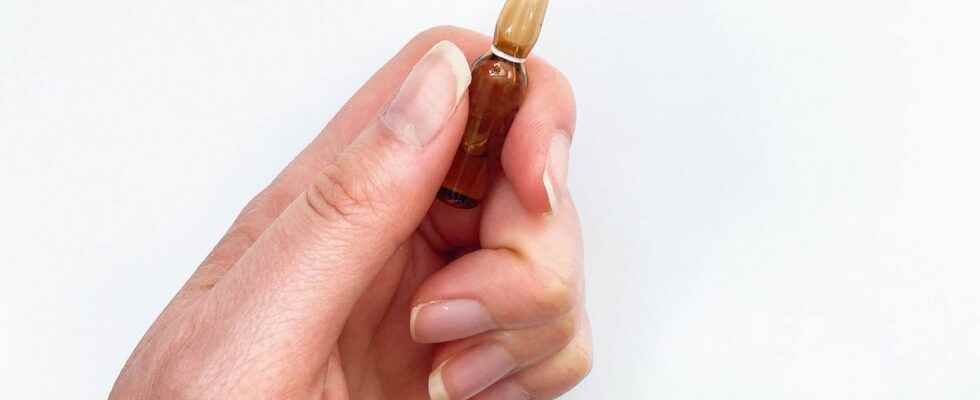Posted 12 hours ago,
Reading 2 mins.
A study conducted by the CHU of Angers, published on May 31, demonstrates the usefulness of giving a high dose of vitamin D to elderly patients at risk when they are diagnosed with Covid.
Vitamin D has been talked about since the start of the pandemic. If its role in defending the body against Covid-19 has not been clearly proven until now, it has just been thanks to researchers from the CHU d’Angers.
As part of this study, the objective of taking vitamin D was to reduce the death rate of infected elderly people. According to their results, this is possible, provided that vitamin D is given to them early, within 72 hours of diagnosis.
A scientific study on 260 patients
The study, called Covid-Trial, was published on May 31 in the journal Plos Medicine. It confirms the usefulness of vitamin D to fight against the mortality of elderly people affected by the disease, in addition to other treatments.
To reach these conclusions, the authors of this work initiated by Pr Annweiler and piloted by the Angevin hospital center, was followed from April to December 2020. During this period of time, 260 patients, distributed in nine French hospitals and their Ehpads, were recruited, in two age groups: some were at least 65 years old with Covid-19 with criteria of unfavorable progression of the disease or at least 75 years old, affected by Covid -19 but no other risk factors.
A high dose of vitamin D
The 260 members of this study were then randomly divided into two groups. One received a high dose of vitamin D within 72 hours of their Covid diagnosis, the other group received a lower dose of vitamin D.
According to the results of this work,administration of high dose vitamin D […] was at the origin of a large and statistically significant reduction in the risk of death, and this as early as the sixth day after the start of treatment”. The authors therefore recommend achieving “as quickly as possible a satisfactory vitamin D status in the elderly with Covid-19, using high-dose supplementation as soon as the diagnosis is made”.
Consult a GP online
A “very high level of evidence”
For Professor Cédric Annweiler, this conclusion “shows, with a very high level of evidence, the benefit of a high dose of vitamin D, administered within 72 hours of the diagnosis of Covid-19, to frail elderly people who have contracted the infection“. However, while the benefit elicited by vitamin D is well recorded at 14 days, it is no longer verified after 28 days. The authors of the study suggest ‘to study the effect of regular vitamin D supplementation after the initial high dose”without considering it as the miracle drug against Covid-19.
